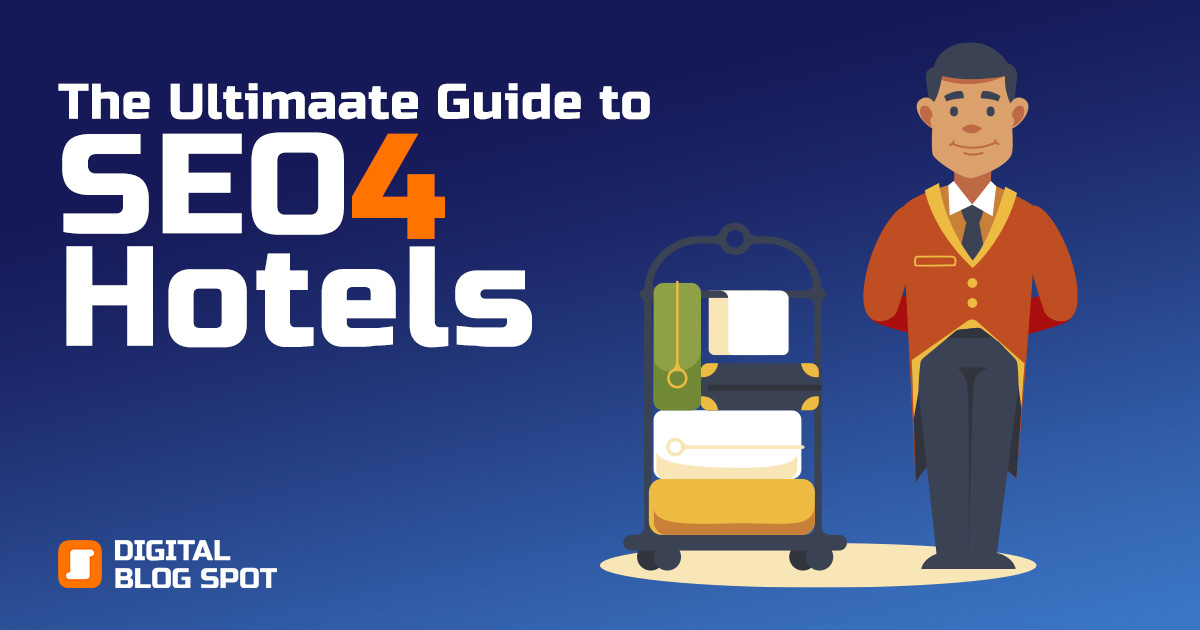
You must have been wondering whether SEO for hotels is worth your time, or if you are just going about it wasting hours. It’s the beginning of the year and you are developing the annual Digital Marketing Strategy, but you are still not sure whether you should allocate some budget for SEO?
Well, today is your lucky day, as I am here to show you how climbing up the search results can lead to doubling your hotel website’s direct bookings.
Why is SEO for hotels important?
I’ll start to answer that question by asking another one. Would you like some free money?
If your answer returns with a “No” so don’t just bother reading the rest of this blog.
But, if you are an ordinary person, and your eyes just sparkled, then let me tell you that Hotel SEO is your way to it.
Of course, SEO for hotels isn’t completely free, but the incurred costs are nothing compared to the ROI you can get out of optimizing your website for search engines.
Search Engine Optimization (SEO) Vs Pay Per Click (PPC)
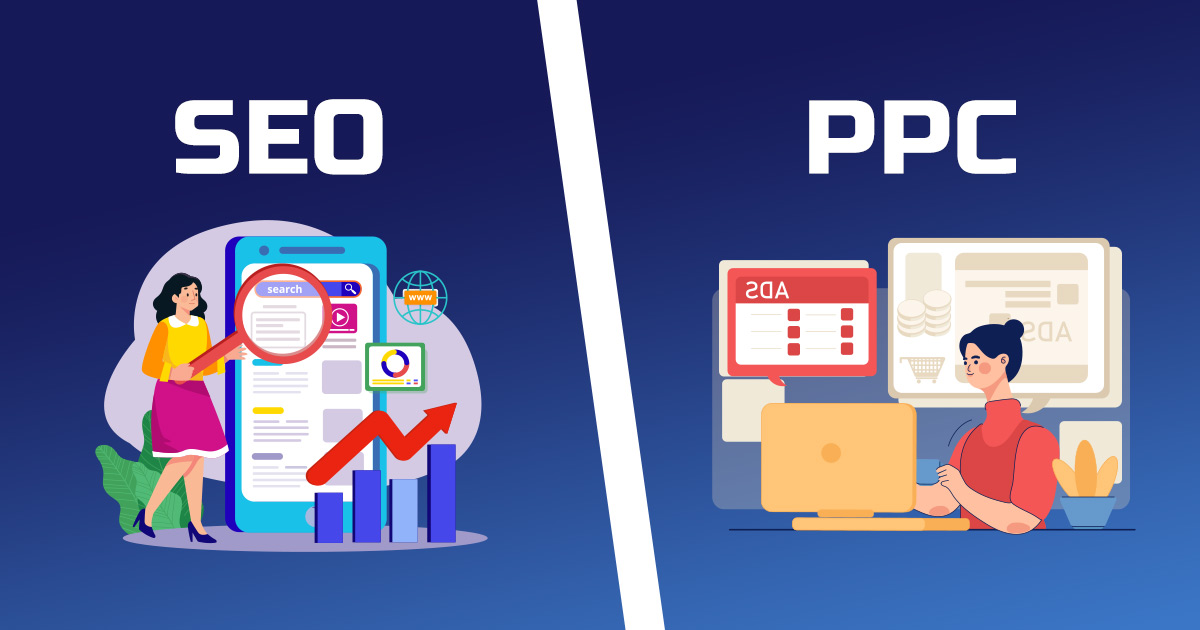
How many times have you heard one of your friends in the hospitality industry asking you whether you know how much Booking.com spends on Google search ads every year?
They say the number as if you have got no chance of listing your website on the first page of Google Search Results.
But they are wrong. You have to understand that Booking.com is only paying, cause they have no other way to secure top rankings on search engine results pages.
Your hotel website on the other hand does. But you still waive it and start fueling your PPC campaigns to get more traffic. Users are becoming techier however and are learning that organic search results are usually more meaningful.
Additionally, in the hotel industry, search results are usually just recommending hotel options. Moreover, the description of each listing is written by the hotel’s marketing team, giving it less credibility from a booker’s point of view.
When the user clicks on a blog article, however, recommending the top 10 hotels however or so, the credibility of the results would be much more significant.
Hotel SEO grants you More hotel website coverage for Less Spending

The idea behind SEO for hotels is to increase your search engines’ discoverability. This means appearing on the top of the first search results page for as many keywords as possible.
By achieving that you shall be able to notice a great jump in your organic traffic from the new keywords ranking in the top position. Those keywords shall be giving you an advantage over other websites trying to rank over the same keywords, or even trying to run PPC advertising campaigns for those keywords.
Better Landing Page Experience for PPC Campaigns
One of the key elements that define the success of your PPC campaign is the landing page experience.
When you create content after some pretty conclusive keyword research, those pages will work as highly developed landing pages for the targeted keywords.
Sequentially, your overall PPC quality score will go up and the cost per click will drop leading to a more successful PPC campaign with lower costs.
A lot of long-tail keywords opportunities are available

Hotels are highly dependent on Local SEO as they are bound by a specific region. In fact, Local SEO is quite an essential factor for any business listing, be it a hotel or any physical business.
However, if you focus on Local SEO alone, you would be missing out on a lot of opportunity that just lies ahead of you.
Let’s take an example here: when users plan their travel, they usually go on google and type something like “The best diving destinations”. Search terms such as those come with the purpose of deciding on the next travel destination.
When you cover that keyword with an article listing your local destination as one of the top options, you will be pushing more travelers to consider your destination.
Usually, the next step is when the user searches for the best recreational, leisure, or touristic activities within his target destination. They will be searching for something like “Top things to do in Sharm El Sheikh” for example.
That’s when you come in with another topic listing the top 10 things to do in your destination. By choosing the right topics, your page title, tags, and meta descriptions, you will be able to attract those travelers as organic traffic to your website.
From here, it is just a matter of internal links until you drive all the juice to your hotel recommendations article and place your own hotel as the top option.
All of the above examples of Search terms used for a specific type of traveling or destination are considered long tail keywords like the examples below.
Top travel destinations for diving
Top 10 Safari Destination
Top things to do in Sharm El Sheikh
Places to visit in Sharm El Sheikh
Best places to eat in Shanghai
Best hotels in Sydney
The best 5-star hotels in Turkey
Affordable hotels in Barcelona
Covering most of the search queries for your destination would place you as an expert and a trusted source. The more trust and website engagement you get the higher your potential you would land a successful conversion.
How to Develop the Perfect Hotel SEO Strategy?

Developing the right strategy for your hotel SEO efforts shall be the main pillar upon which the success of the whole process depends.
A scenario where you do all the on-page optimization without choosing the right keyword will be a waste. And another scenario where you choose the right keyword without doing any on-page optimization will lead you the same way.
Avoid the hoax that you should develop your strategy once and not visit it again for another year or something.
Every strategy needs monitoring and optimization as you go, in order to fine-tune it for the maximum end results.
1 Identify your Target Audience

The first step in any Marketing plan or SEO for hotels strategy is to identify who your target audience is.
But don’t stop here, you should study them very well. Learn about their interests, their demographics, and their behavior.
By understanding your audience’s behavior you would be able to understand what they are looking for, and what search terms they use when looking for anything they need.
Is their English good, or do they use a native language most of the time when looking for something on search engines.
Try to understand your hotel business and what it has to offer that interests your target audience. By highlighting your unique selling propositions in a feature benefit method, you will be able to attract your audience’s attention.
The feature benefit method takes your hotel’s nature in mind and looks for the benefit it can offer to a specific segment.
For example:
Adults Only Hotel = Honeymooners and Anniversary Travelers
Resort = Groups of Families and Friends (leisure travelers)
City Hotel = Business Travel
Hostels = Solo Travelers and affordable travel seekers
And the benefit of the above examples would be
Honeymooners and Anniversary travelers = A quite romantic atmosphere
Groups of Families and Friends = Non-stop entertainment and All Inclusive concepts
Business Travelers = Proximity to Airport and High-Speed Wi-fi
Solo Travelers = Safe Environment and Social hubs
So by identifying your audience, you could be determining the way to describe your hotel when trying to promote it within your articles.
2 Do you Keyword Research Carefully

It’s undebatable that keyword research is the core of a successful search engine optimization strategy. Choosing the right keywords depends on several factors based on your audience and competition.
A proper way to start is by building a keyword strategy for your hotel SEO.
A keyword strategy is developed by understanding the current situation of your hotel website. Hotel websites can have either a low authority or high authority domain based on the amount of traffic you are getting and the number of links pointing back to it.
For new websites, domain authority would most probably be closer to zero. That’s when you should focus on targeting long-tail keywords with low search volume.
Those long-tail keywords usually have low competition and you would be able to rank on them with some good on-page SEO.
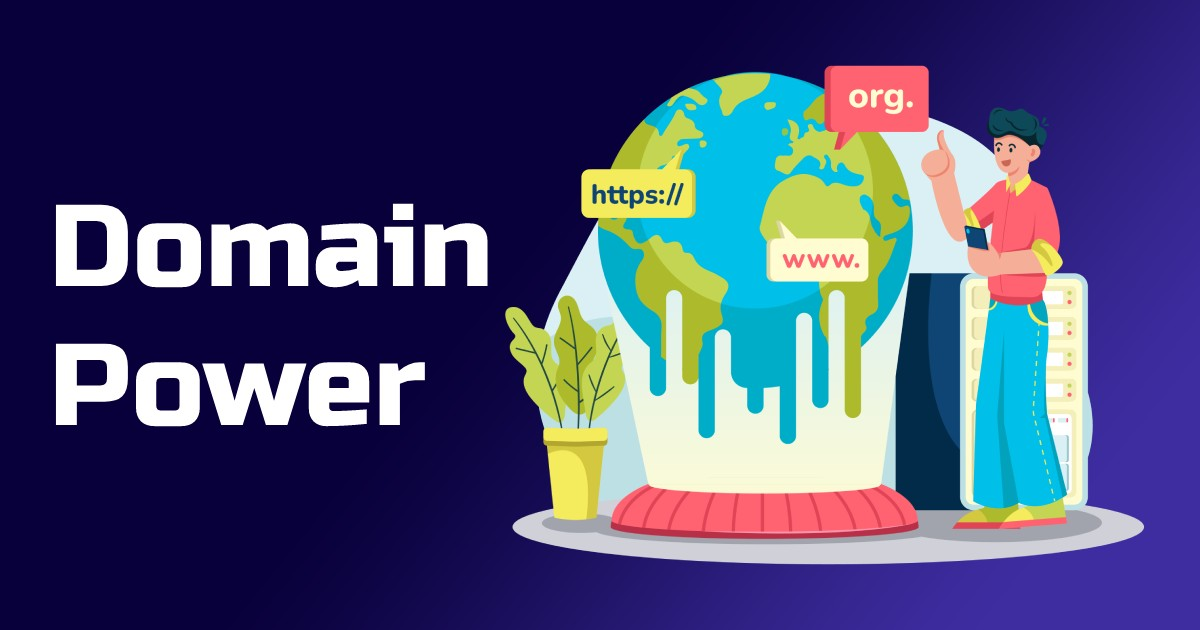
For Domains with higher domain authority (domain power), you can switch to higher search volume and higher competition SEO keywords.
Search Engines now don’t consider articles with a focus on one Keyword. However, they consider a primary keyword, and the rest of the article is measured using a semantic approach.
This means that primary keywords need to have some backup secondary keywords, called relevant keywords. If you focus all your topics to repeat a particular keyword, Search Engines might consider you spam.
Nowadays search engines read the full topic and try to understand its meaning by looking at primary keywords and secondary keywords alike.
Hotel SEO keywords can be identified using Keyword research tools providing you with more suggestions that will get you closer to what your audience is looking for.
Developing your Hotel SEO keywords list can start by inserting the below in your tools search bar:
Best Hotels in + “your hotel’s local city”
5 Star hotels in + “Your hotel’s local city”
Affordable hotels in + “Your Hotel’s local city”
Things to do in + ” Your Hotel’s local city”
Best honeymoon hotel in +
3 Optimize your content for SEO
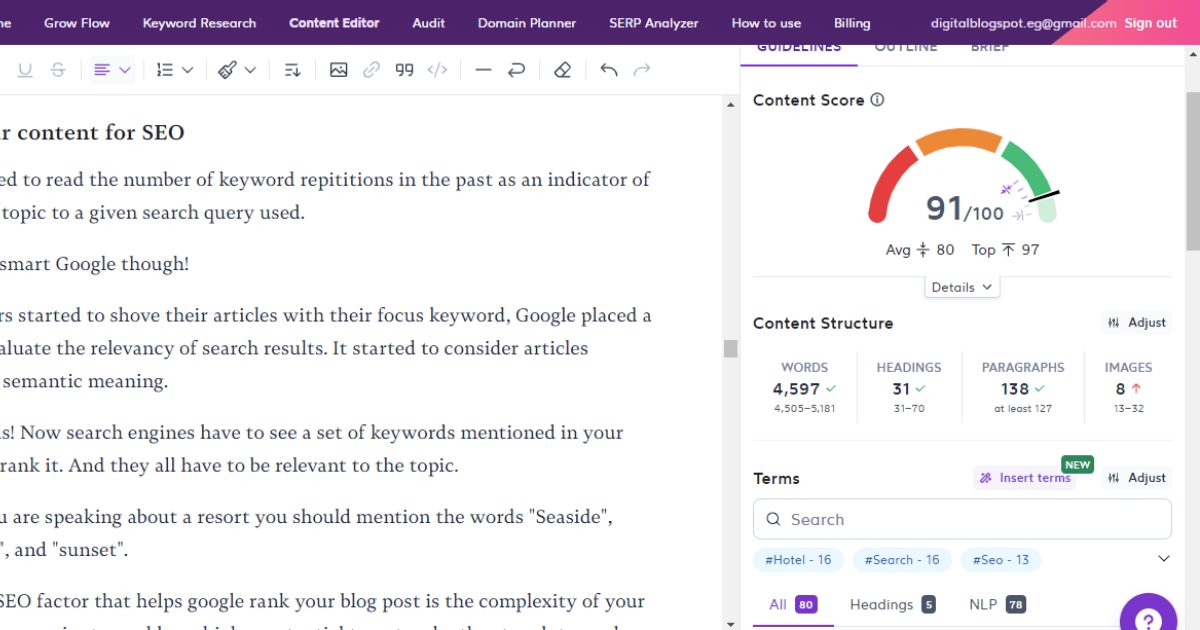
Search engines used to read the number of keyword repetitions in the past as an indicator of the relevancy of a topic to a given search query used.
You can not outsmart Google though!
Then when authors started to shove their articles with their focus keywords, Google placed a new schema to evaluate the relevancy of search results. It started to consider articles according to their semantic meaning.
Tough luck ma lads! Now search engines have to see a set of keywords mentioned in your article in order to rank it. And they all have to be relevant to the topic.
For example, if you are speaking about a resort you should mention the words “Seaside”, “beach”, “sea view”, and “sunset”.
Another on-page SEO factor that helps google rank your blog post is the complexity of your text. Articles that are easier to read have a higher potential to outrank other tough-to-read ones.
Make your sentences shorter than 20 words, and your paragraphs less than 3 sentences. Try to limit the use of your focus keyword to 1 or 2 % of the total number of words in the whole article.
Passive sentences are harder to read, and Yoast SEO recommends that the total number of passive sentences should not exceed 15% of your post.
I am using a tool called Surfer SEO to write all my articles, which gives me on-page SEO guides based on AI analysis of the top 10 search results for a given keyword.
4 Meta Descriptions, Title Tags, & URL snippets

Since we are optimizing our blog post and website for ranking on search engines, we need to optimize our search result appearance as well.
What good is it if your search result ranks but doesn’t get any clicks? It won’t even be long until Google realizes that it is not relevant or meaningful to its users.
Meta tags are like the identification card that you provide Google so it can display a search result on its SERPs. Giving your article some well-structured data helps your page get more clicks and hence rise among the other search results.
The meta title should be short, meaningful, and attractive. At the same time it should not appear over-customized, make it humanly readable and between 50 to 60 characters long.
Create an inclusive Meta Description that tells people in short what they can learn about from your topic. The meta description should be short and precise as well, preferably underneath 160 characters. Meta descriptions that are shorter than 160 characters usually get cropped.
The meta description should include your focus keyword once and try to place it at the beginning of the paragraph.
A URL Snippet (URL path), is part of the website URL that usually comes after the slash (/) in the URL after the domain name. a friendly URL snippet should consist of small letters, numbers, and hyphens only.
Avoid the usage of any special characters or capital letters. Don’t separate your words with spaces as well.
5 Plan your Article Outline and Header Structure

If you listen to me on this one, you will come and thank me later.
I have known a lot of bloggers who would just identify their focus keywords and start writing right away. They tell me that the ideas keep flowing in their mind as they type.
But that is not the right way to do it. Any professional blogger would tell you that you need to plan your content ahead. Identify which points you are going to tackle first, and what questions you have to answer.
then start shuffling headers up and down until you find the flow of data is following a proper readable structure.
For example, if you are speaking about the “top 10 things to do in Venice”
you should your article by saying where Venice lies and what is its history. Follow that by telling about its weather and best traveling seasons.
Then start by recommending your top 10 activations list and base your data on some reviews from an activity review website such as TripAdvisor.
After stating all 10 options, place a final hint or two regarding what words you need to learn, and who you should ask in case of any extra information is required throughout your trip.
End your article with a conclusion and ask your guests about their opinion if they have visited Venice before.
Benefits of creating a topic outline and a header structure
Following a structured outline for your article, will make your text more digestible.
You also have to note that users nowadays are not reading full articles any longer, they skim them. And that’s why you have to create a very well-planned Header Structure.
A Header structure should have a single H1, multiple H2, H3, and H4. The more branched your article the better.
But keep in mind that you shouldn’t place an H3 directly after an H1, or an H4 directly after an H2. They should all follow a tree-like structure.
I’ve found Surfer SEO helpful in this part with its recommended outline structure feature in the content editor.
6 Use easy-to-understand language

I’ll put this in simple words, or at least that’s how you’re supposed to think. Putting everything in simple words.
Did you expect your readers to come from English-speaking countries alone? You’re building SEO for hotels, which means your readers can be from any country around the globe.
Using complex words and touching metaphorical meanings can be hard to understand for some readers, even if they could read it right.
Don’t go writing like
“The golden blaze of the magnificent star, shines on the mesmerizing shores of Sahl Hasheesh with each new dawn and rests where the seas meet the skies”
That is too hard for most readers to get. Instead, you can write
“Each new day, Sahl Hasheesh shines with a warm sunshine and goes to sleep with a soft calm night’s breeze”
The latter sounds as beautiful but is using simple words and easy-to-understand metaphors.
7 Image Dimensions, File size, and Alt text

Since I was in college I used to hear my professors say that presentations without any visual illustrations are extremely dull and boring. They were right!
Did you know that including images in your blog can have a direct impact on your website traffic?
Yes, that’s true, supporting your text with images can lead to traffic generation from Google image search results.
That’s why each image shall be provided with an alt text. Alt text tells the user what the image is about if the image didn’t load properly. They also tell search engines what the image is related to, so they can show it for the keywords mentioned in the Alt text.
Adding images to your article can be the factor that lets you outrank other hotel websites.
The best image dimension for blogs is 1200w x 630h pixels. try to keep the image quality in high resolution and the file size below 150kb.
Images can help users understand your text better and therefore spend more time reading your article. This brings us back to the point, more engagement equals higher conversion potential.
8 Optimize the website’s loading speed

Google has made it clear that website loading speed can have a significant effect on your rankings. As you can see when google evaluates your website, they want to offer their users the best landing page experience.
When a user clicks on a slow website, they usually get bored easily and leave right away, which brings up the bounce rate.
Optimizing your hotel website speed is like going into a race to provide the fastest delivery service for your readers. The faster you get the information ahead of them, the happier they will be, and the more time they will spend reading your data.
How website speed optimization works
Your website hosting provider plays a great role in the website speed element. I personally use Hostinger and they offer a lot of features that will help you boost your website speed.
Use your developer’s support to minify all CSS and JavaScript files.
Optimize image sizes as per bullet number 7
Minimize the use of third-party apps and plugins
Limit the use of redirects
9 Develop a Link Building Strategy

You can never succeed with SEO for hotels without the employment of a proper link-building strategy.
What is a Domain Authority?
A Domain Authority ( Domain Power) is an indicator that tells Google and other search engines how trustable your content is. When another powerful website points to your website with an external link, that means that he believes his reader would find some benefit on your page. That way Google grants more power to your domain as well.
It is like the real world. Imagine yourself doing some work at your apartment. So, you need an electrician and a plumber. There was one well know electrician that you have previously dealt with several times.
You went to the electrician and he did a great job as usual, and while talking to him he referred a plumber to you. How much are you expected to trust that plumber? Would you have given so much trust to that plumber if you met him on your own the first time?
With Backlinks, it works the same exact way. A website with high Domain Authority that he built over time from other websites linking back to it, and a wide pool of monthly traffic, includes an external link pointing towards you.
You become more authoritative, and the more external links you get pointing back at you.
How to determine backlinks quality?
But wait a minute, it isn’t just a matter of quantity. A backlink’s quality is also quite important.
Backlink quality is determined by many factors among which:
The Page Authority of the page from which the link is coming: page authority works the same way as domain authority
The Domain authority of the domain from which the link is coming
The relevancy of the pointing domain to your website niche: a Travel website can point to a hotel website and become relevant, a cosmetics website won’t be, however.
The anchor text of the backlink: Anchor text is the visible text of the link and it should be using the focus keyword of the landing page or a close relevant.
Rel attributes should be set to follow: Rel attribute tells Google bots whether they should consider that link while crawling your site or not. Follow attribute is the only one that allows Authority to pass to your website.
Best ways to get backlinks
You can use one of the following link-building techniques to start building a wide range of good, high-quality links now:
Guest blogging
Broken Link Building
Sign up as a source on HARO
Create Stats articles
10 Optimize for mobile interface
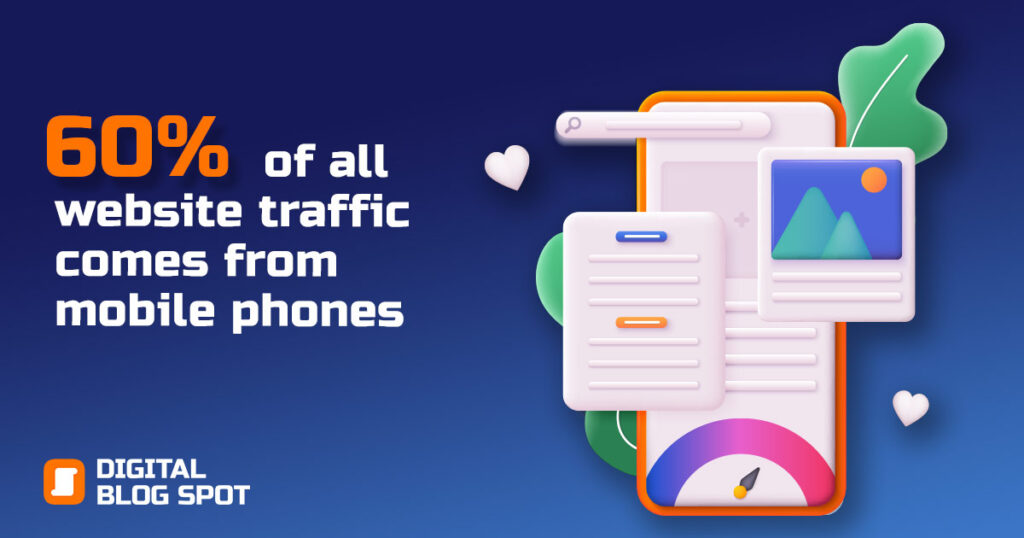
In today’s world, mobiles are dominating the rates for internet users. And it is not a strange situation as today children are way too attached to their phones.
approximately 86% of the world’s population nowadays have smartphones. As of March 2023, 60% of all website traffic comes from mobile phones.
This means that your website needs to look nice for those users who are using their cell phones to browse your website, Otherwise, almost over 60% of your users would be bugged and bounce.
Let me just state it quite clearly ” SEO for hotels would never be complete without Mobile device optimization”. And take into consideration that you wouldn’t be optimizing for cell phones alone.
Hotel SEO requires you to create a responsive design, so as to be able to appear in a presentable way for any user accessing a web page from a phone, tablet, laptop, or desktop.
If you are using a WordPress-hosted website, make sure to choose a responsive theme as this will save you loads of time.
11 Create an XML Sitemap

A sitemap is an XML file that dictates search engines about the contents of your website. This file helps Google and other search engines identify the structure of your website and index it more easily.
A sitemap tells Google which pieces of information on your website you view as important. It also helps communicate valuable data, such as when a page was updated and whether it was translated into more than one language.
You can create an XML sitemap using one of two methods:
Manually if you are feeling adventurous
Using sitemap creation tools, the most renowned tool for this would be Yoast SEO
The next step would be to upload the sitemap to your website. After you are done with creating your sitemap, go to your hosting provider, and copy and paste the sitemap into the root folder of your website.
Or if you are using Yoast SEO, just integrate it with your Google Search Console and worry no longer. It will handle everything for you.
12 Connect your site with internal Links

When search engine crawlers reach your website they navigate from one page to the other through internal links that you have placed among your text.
Not just that, but they also help pass some of the page authority and traffic juice to other pages on your website. If you want to give some credit from a well-established page to a new one, you should go back to the empowered page and find the means to link to the new one.
Even when it comes to your users, sometimes when a user reads a new term or definition that is new to his ears, he would like to understand more about it. At the same time, you would never be able to shove all the information up in one blog post.
Hence you will have to create other posts explaining all the definitions mentioned in your cornerstone articles and would then be linking to them from that part in the main blog article.
The more interconnected your website is, the more time crawling bots will spend on it. And the better search engines will be able to categorize and index it.
13 Watch Google Search Console
Creating a Google Seach Console account is not an option for anyone planning to start working on search engine optimization.
Hotel SEO strategy shall start by identifying where you are at the point of making that decision. In order to get that insight you will have to integrate the Google Search Console account with your SEO tool.
This will be the source of the most accurate data that can ever be gathered regarding your search performance.
Moreover, when you identify whether you are receiving toxic or suspicious links from toxic domains, you will be able to submit a robot file telling Google which links to consider when found and which to ignore.
Google Search Console queries report shows the keywords which generate the highest number of clicks to your hotel website. Additionally, you can identify which keywords get you high impressions and low click count, so you can create a new more attractive meta titles for them.
Hotel SEO FAQs
Will I be competing with OTA on Search Engines?
OTAs like booking.com and agoda.com are not creating blogs aimed to rank for each specific destination. They create PPC campaigns offering them the first search result, but it comes with a sponsored tag.
Moreover, users searching for a keyword like “local attraction in Istanbul” won’t be satisfied with a listing from a reviews website like a full article speaking about each attraction in full detail.
Even if you got a lower position on the first page, you will still get a share of the clicks from that keyword.
How do OTA search engines work?
OTA search engines are mostly dependent on location and reviews score to determine which results show on top. However hotel descriptions are taken into consideration, but they are not the most crucial factor to determine search rankings.
Is SEO Expensive to begin with?
SEO for hotels is not expensive compared to other communication channels like PPC, Social Media Advertising, and Email Marketing.
You would have to subscribe to some tools, however, that will help you with your progression. Depending on your blogging strategy you would choose a plan that fulfills your objectives.
How many blogs should I write per month?
The average blog should be published 4 times a month. If you publish more means that you have more opportunities to rank in shorter intervals. Consistency is more important than the count of published blogs though. Consistency gives Google the impression that blogs are taking it seriously about creating real and consistent value for their readers.
How do I figure out If I am writing properly for SEO?
I am always using a tool called Surfer SEO that has helped me so far with on-page SEO optimization. Surfer SEO evaluates the top search results for a given keyword and recommends you a set of guidelines to follow for bringing out the best search-engine-optimized article.
Conclusion
Unlike other communication channels, SEO for hotels is not jammed with competitors, thereby giving you the opportunity to shine.
You will definitely be able to increase your direct bookings by expanding your search engine visibility. However complex it might seem, SEO needs some consistency and will place you on the track to success.
Using a tool for optimizing your hotel website for search engines is a must. Most of the technical issues and errors are hard to spot on your own, and a tool will guide your focus toward the more important aspects first then the less crucial ones.
Results are not going to pour in between day and night. It can take a few months but will surprise you once they start to take place.
It’s time for you to share your experience with us. Have you started working on your hotel’s SEO strategy? Do you find it helpful and what were the factors that stood in your way?




